Vietnam-Franceeducational cooperation programs have been built and developed steadily over many years and are expected to continue to contribute to strengthening bilateral friendship.
On the morning of May 26, within the framework of French President Emmanuel Macron's visit to Vietnam, at the Presidential Palace, after the talks,President Luong Cuong and President Macron had a press meeting. Regarding the directions and measures to further deepen the multifaceted cooperation between the two countries, President Luong Cuong said: "The two sides agreed to promote cooperation in areas where France has strengths such as aerospace, nuclear energy, artificial intelligence, digital transformation, pharmaceuticals; promote technology transfer and mastery. Vietnam proposed that France continue to support the training of high-quality human resources, increase the teaching of French in Vietnam and expand the scholarship program for Vietnamese students".
C FRENCH - VIETNAMESE BILINGUAL PROGRAM
In the field of education and training, the cooperation between the two countries is very diverse, both in terms of professions and training levels. It is worth mentioning the French-Vietnamese bilingual program officially implemented nationwide in the 1994-1995 school year, initially implemented by the French Government and since 2006 handed over to the Vietnamese Ministry of Education and Training for management but still actively supported in many aspects, especially teacher training. This program has contributed to training many generations of students with a good foreign language foundation for more than 3 decades - an important "key" to open the door to studying abroad in France.
Following the signing of the intergovernmental agreement on education in October 2024 in Paris, a 1 million euro project was jointly developed by the French Embassy and the Vietnamese Ministry of Education and Training for teachers and students. Starting this summer, 30 exchange scholarships will provide teachers and students with the opportunity to study and gain experience in France. The program will continue to be implemented in the summer of 2026.

Many Vietnamese students learn about economics and science at seminars on studying abroad in France.
PHOTO: INSTITUTE OF FRANCE IN VIETNAM
In Vietnam, there are currently three French-Vietnamese university training institutions, including the French-Vietnamese Management Training Center (CFVG); the High-Quality Engineer Training Program in Vietnam (PFIEV); and the University of Science and Technology of Hanoi (USTH), which are recognized as successful models, meeting French and international quality accreditation standards, and opening new majors each year to meet the needs of the Vietnamese market. To date, 15,000 engineers have been trained in France or in French training programs in Vietnam; the goal is to reach 20,000 engineers by 2030.
In the medical field, over the past 30 years, French-Vietnamese medical cooperation has contributed to training many generations of experts in the medical industry, with about 3,000 doctors and staff.
The above programs have brought many advantages to Vietnamese students who intend to study in France. According to data from Campus France VN - the official agency of the French Embassy in Vietnam specializing in promoting French university programs, by the end of 2023, there were 5,250 Vietnamese students studying in this country. Among them, the field of economics and business administration attracts the largest number of young Vietnamese people (1,581 students), followed by science and technology (1,254 students). Notably, Vietnamese students are very interested in training programs related to supply chains, management and artificial intelligence (AI), data analysis/processing. This is clearly noted through recent seminars on studying in France in the Vietnam region.
TRAINING IN KEY INDUSTRIES: NUCLEAR ENERGY, HIGH-SPEED RAILWAY
From the available foundations, Vietnam and France can completely aim to train high-quality human resources, especially in the key industries that our country is aiming for, such as nuclear energy and high-speed railways.
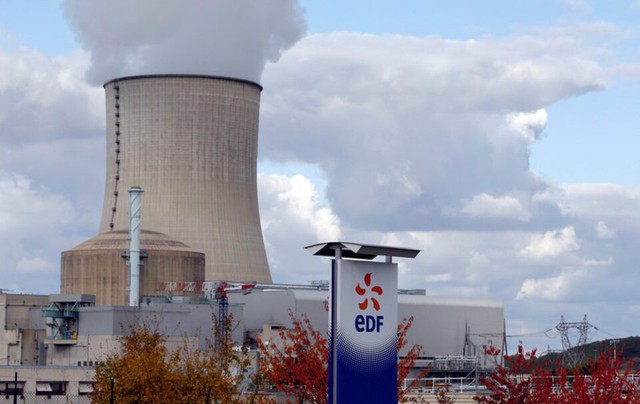
Nuclear power accounts for a large proportion of France's energy supplies.
Photo: Reuters
The author had the opportunity to talk with Mr. Vo Tuyet Ho, an engineer who has been working in the field of nuclear power for the past 17 years in France, currently living in Rouen City (northwest France). Mr. Tuyet Ho is a former student of the French-Vietnamese bilingual program of the Pedagogical Experimental Secondary School (now Saigon Practical High School) and Le Hong Phong High School for the Gifted (HCMC). After graduating from high school, he went to France to study structural mechanics at INSA (National Institute of Applied Sciences, specializing in training engineers), based in Rouen. After graduating, for the past 17 years, he has specialized in nuclear power, currently working as an inspector for the design of reactors in France and several other countries.
Engineer Ho shared about human resource training related to nuclear energy: "In France, there are many schools related to this field, including engineering schools such as INSA - where I studied; schools specializing in the nuclear field such as the National Institute of Nuclear Science and Technology (INSTN); comprehensive universities with an orientation towards scientific research, with majors such as nuclear physics... In addition, we can mention the Institut de Soudure, an academy specializing in training engineers or technicians in welding/metal materials". According to Mr. Ho, Vietnamese students who are good at natural sciences such as math, physics, and chemistry are a great advantage to be able to take the entrance exam to engineering schools and study majors that require a lot of scientific thinking. "I will give examples of some subjects I studied at INSA: material strength calculation; energy, energy conversion models; applied and advanced mathematics; earthquake-resistant design calculation. Obviously, these are subjects suitable for block A students in Vietnam," Mr. Ho analyzed.
Mr. Ho added that on the monthly electricity bill of every French household, it is clearly stated that more than 70% of the total electricity supply comes from nuclear power, the highest rate in the EU. Hydroelectricity, wind power, thermal power, solar power, etc. account for the remaining 30%. The fact that this country is the leading European country in nuclear power helps the nuclear energy training program to have a close connection with practice. Students have many opportunities to interact with experts from the French National Electricity Authority (EDF), the French Atomic Energy and Alternative Energies Commission (CEA), etc. Many courses have guest lecturers who are scientists and engineers working at nuclear power plants or research institutes. Students also have the opportunity to practice, intern and directly participate in applied research projects at many research facilities and nuclear power plants.
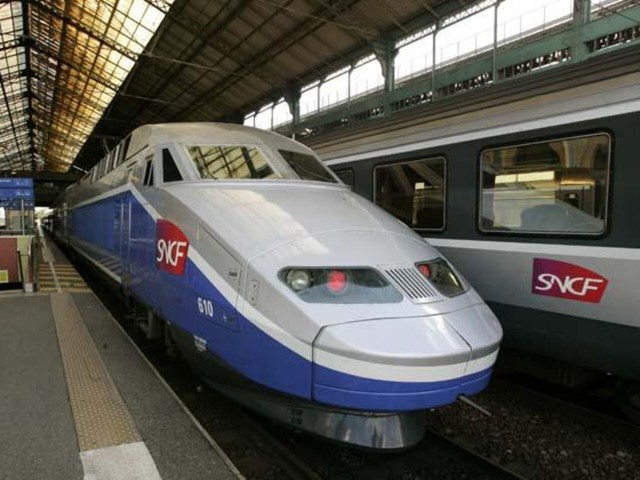
France is also one of the countries with the most developed railway system in Europe.
Photo: Reuters
France is also one of the countries with the most developed railway transport system in Europe, including both urban railway systems and high-speed railways. In the capital Paris, most residents rarely use personal vehicles because they have 14 subway lines, dozens of tram lines, all connected to tram lines to the suburbs... Between the provinces and cities of France, there is a high-speed train system (TGV), inter-provincial trains that are very convenient. Therefore, in this country, the training fields related to railway transport are very diverse: from training in driving trams, high-speed trains, and subways to technicians, engineers... At ESTACA - one of the engineering schools that specializes in railway transport, during the course of study, students have 400 hours of direct study with experts from leading agencies and corporations in the industry, including the French National Railways Agency (SNCF); and at the same time participate in 4 real projects.
Source: https://thanhnien.vn/hop-tac-giao-duc-viet-phap-huong-den-dao-tao-nhan-luc-chat-luong-cao-185250526223047447.htm


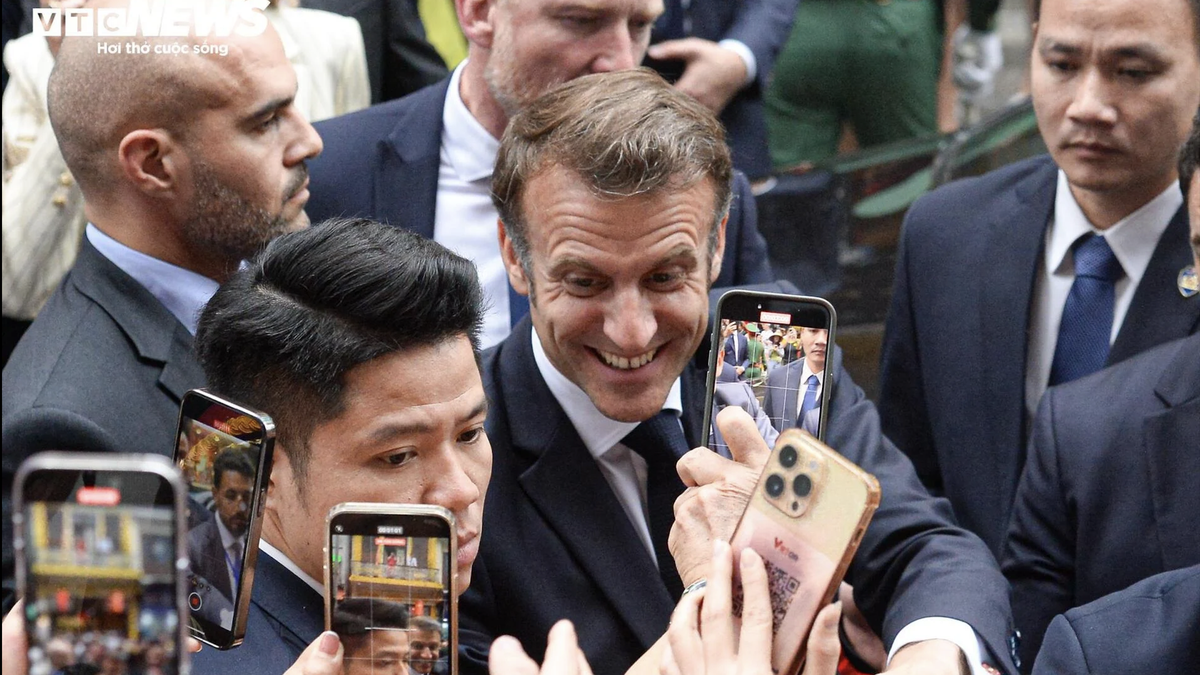
![[Photo] Prime Minister Pham Minh Chinh meets with Hungarian President Sulyok Tamas](https://vphoto.vietnam.vn/thumb/1200x675/vietnam/resource/IMAGE/2025/5/29/dbcaa73e92ea4448a03fe1d0de6d68e8)

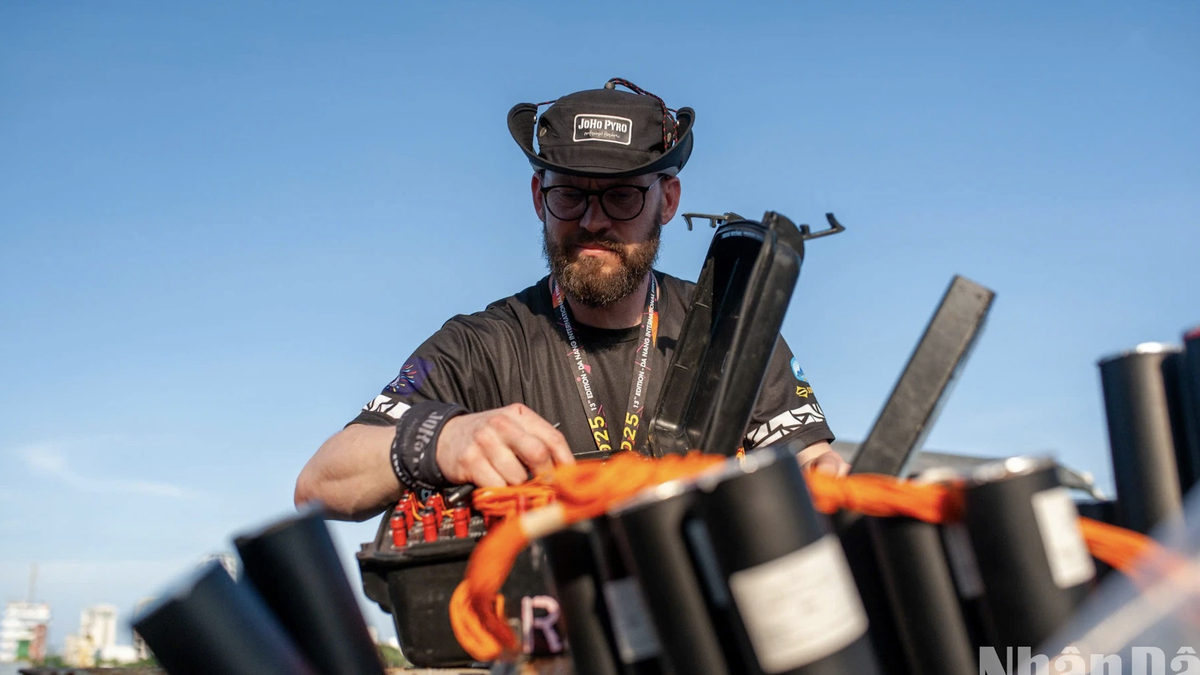
![[Photo] Vietnamese and Hungarian leaders attend the opening of the exhibition by photographer Bozoky Dezso](https://vphoto.vietnam.vn/thumb/1200x675/vietnam/resource/IMAGE/2025/5/29/94d8ceca5db14af3bf31285551ae4bb3)



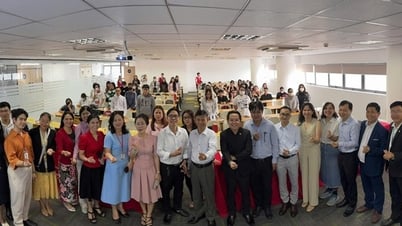


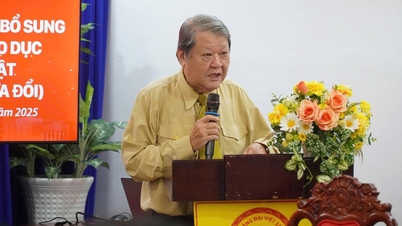
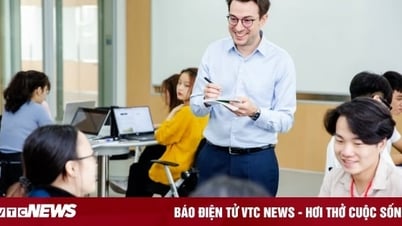

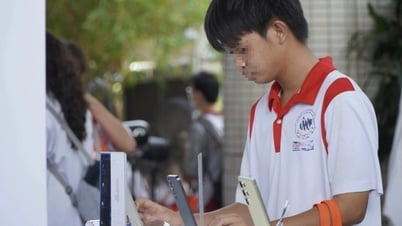





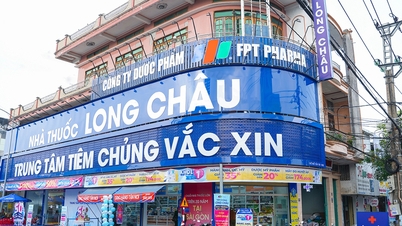
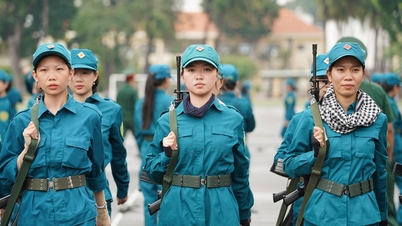
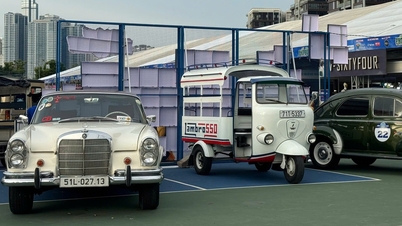

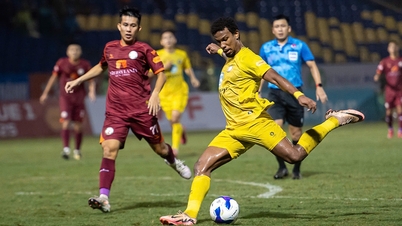
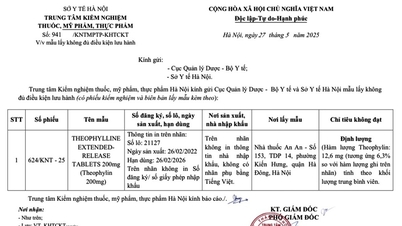
![[Photo] Prime Minister Pham Minh Chinh receives a bipartisan delegation of US House of Representatives](https://vphoto.vietnam.vn/thumb/1200x675/vietnam/resource/IMAGE/2025/5/28/468e61546b664d3f98dc75f6a3c2c880)








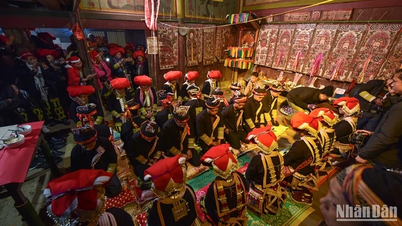








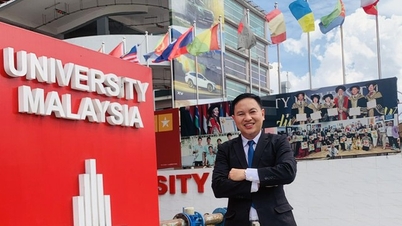






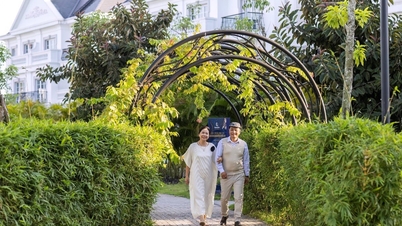
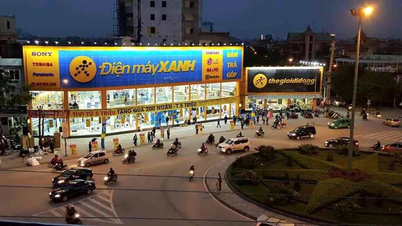
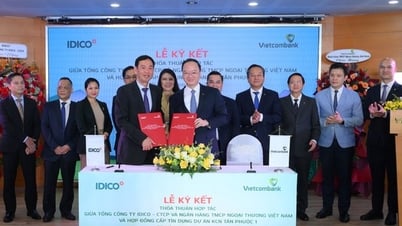



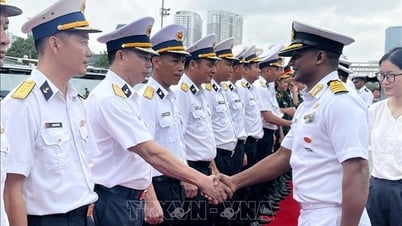

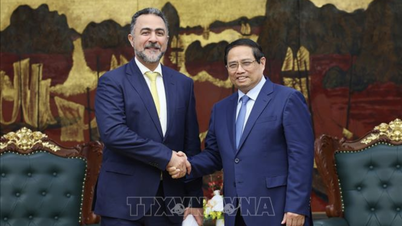


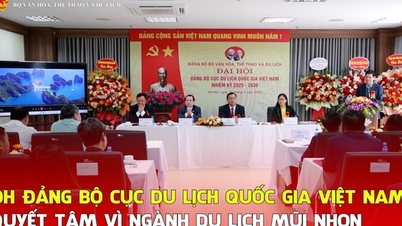
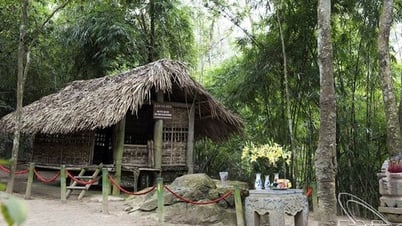
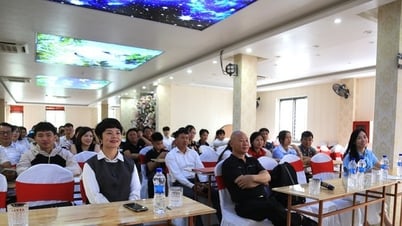
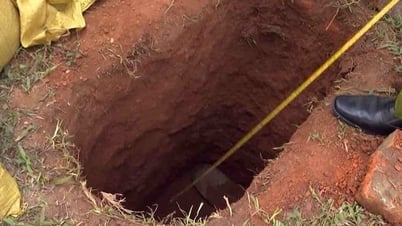
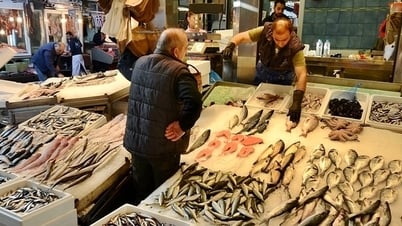



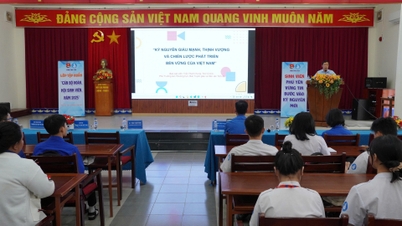


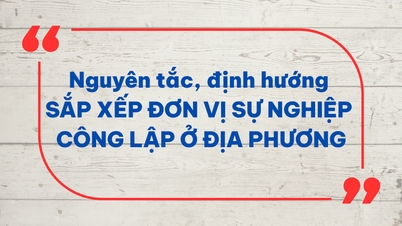
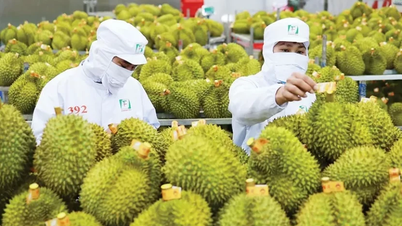

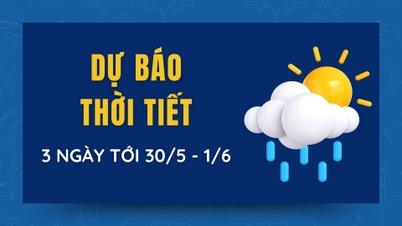









Comment (0)